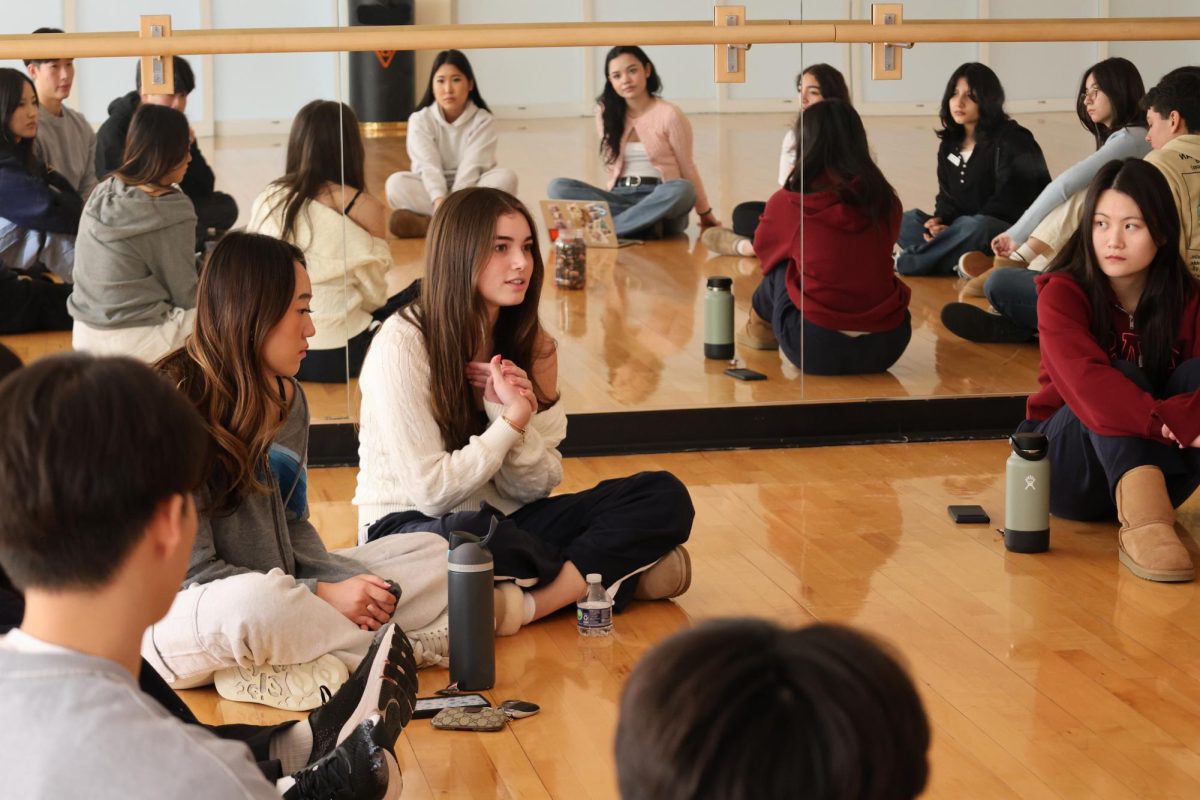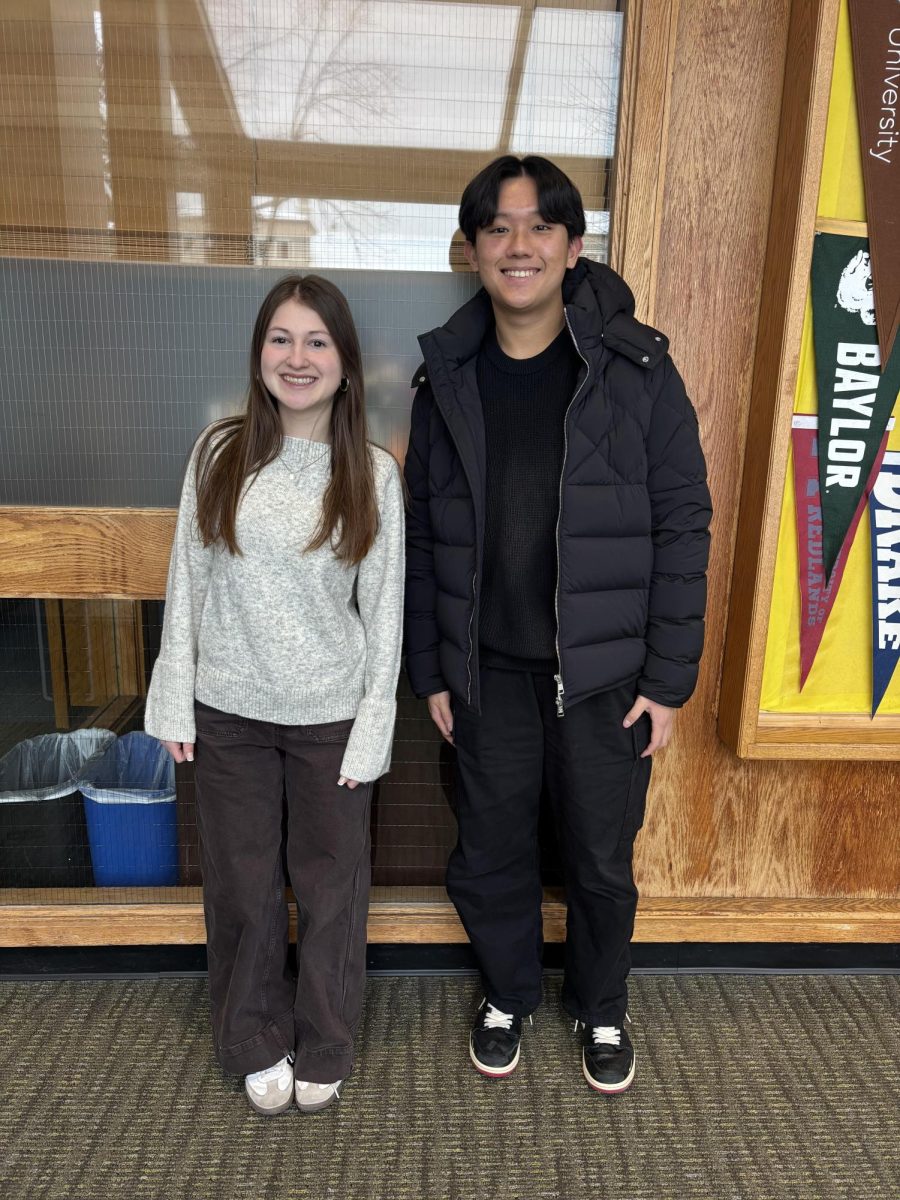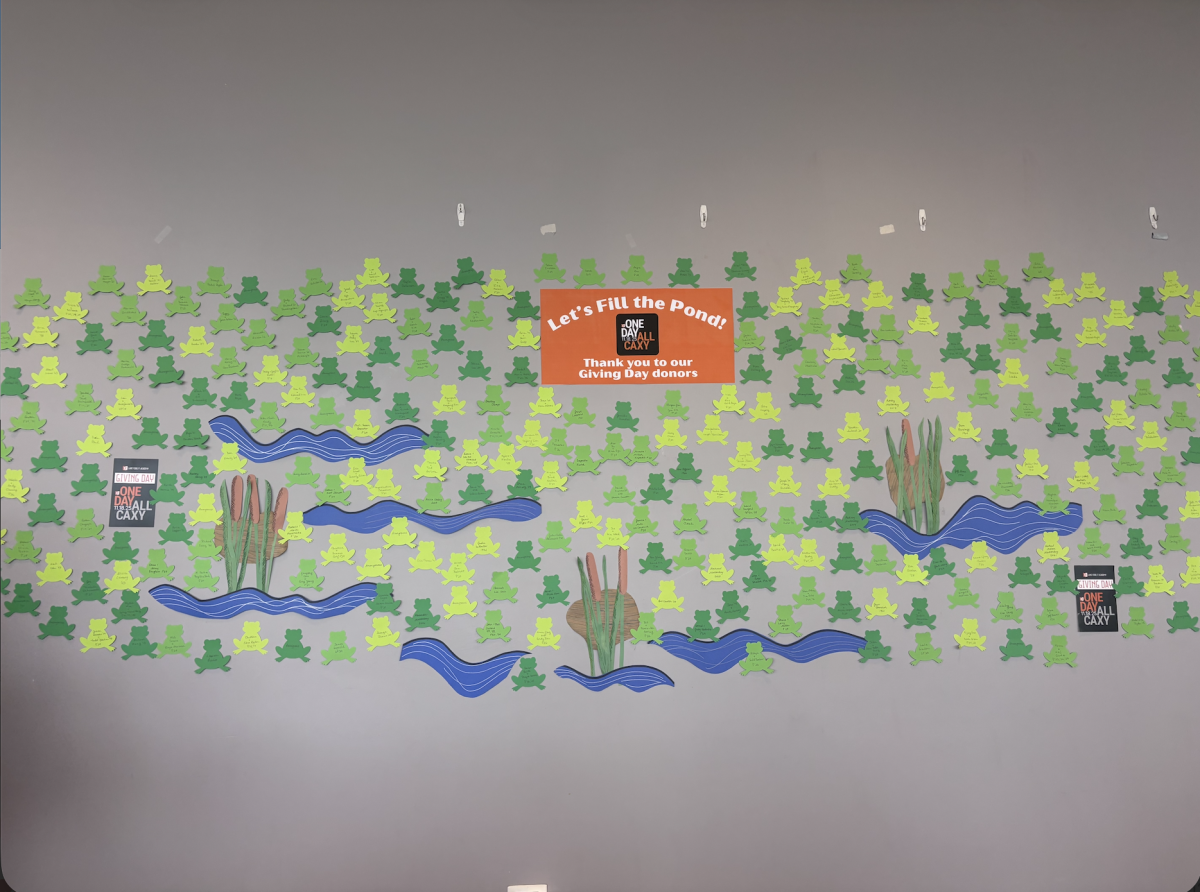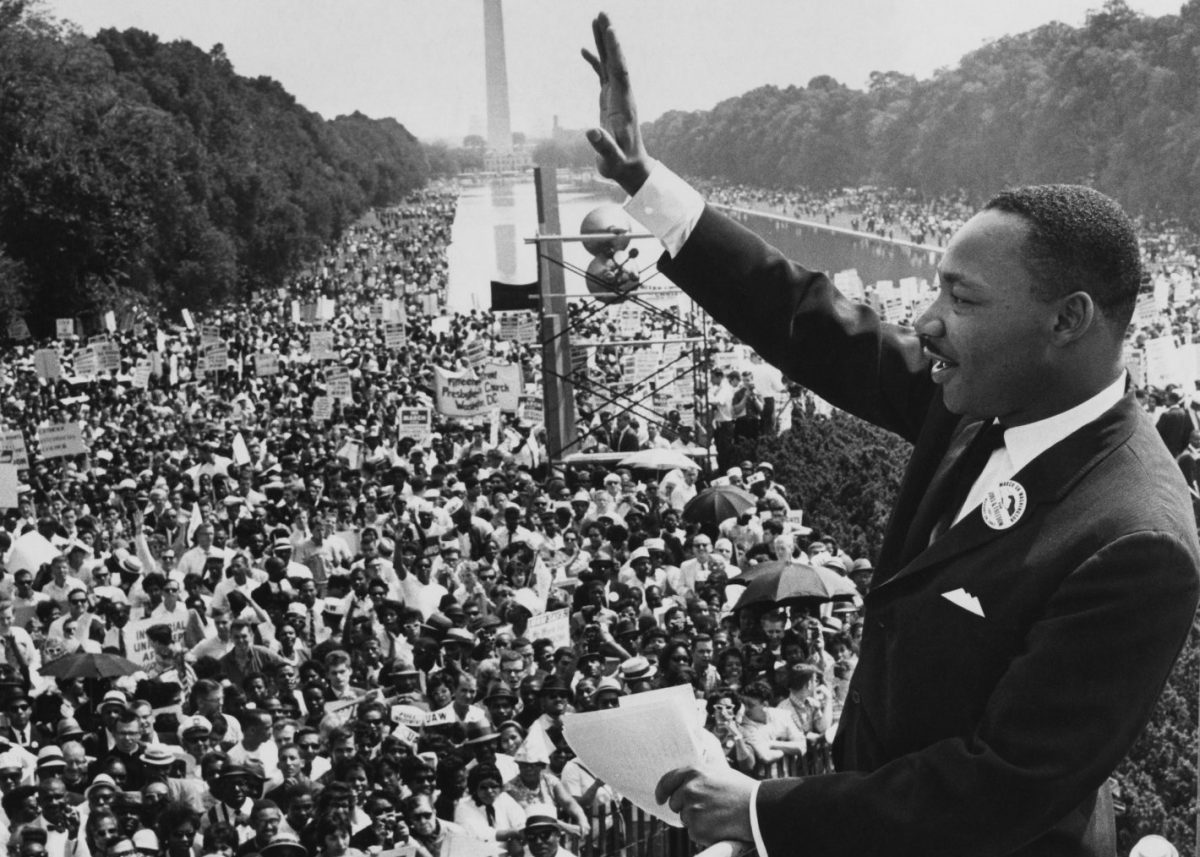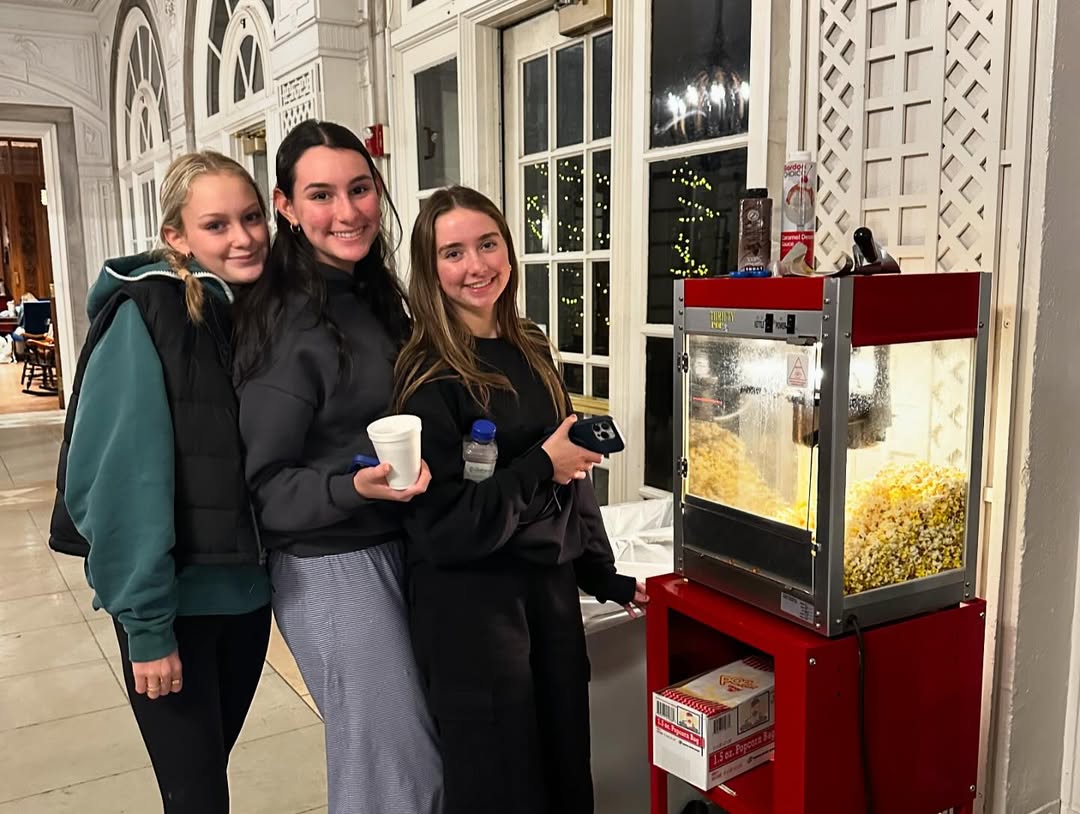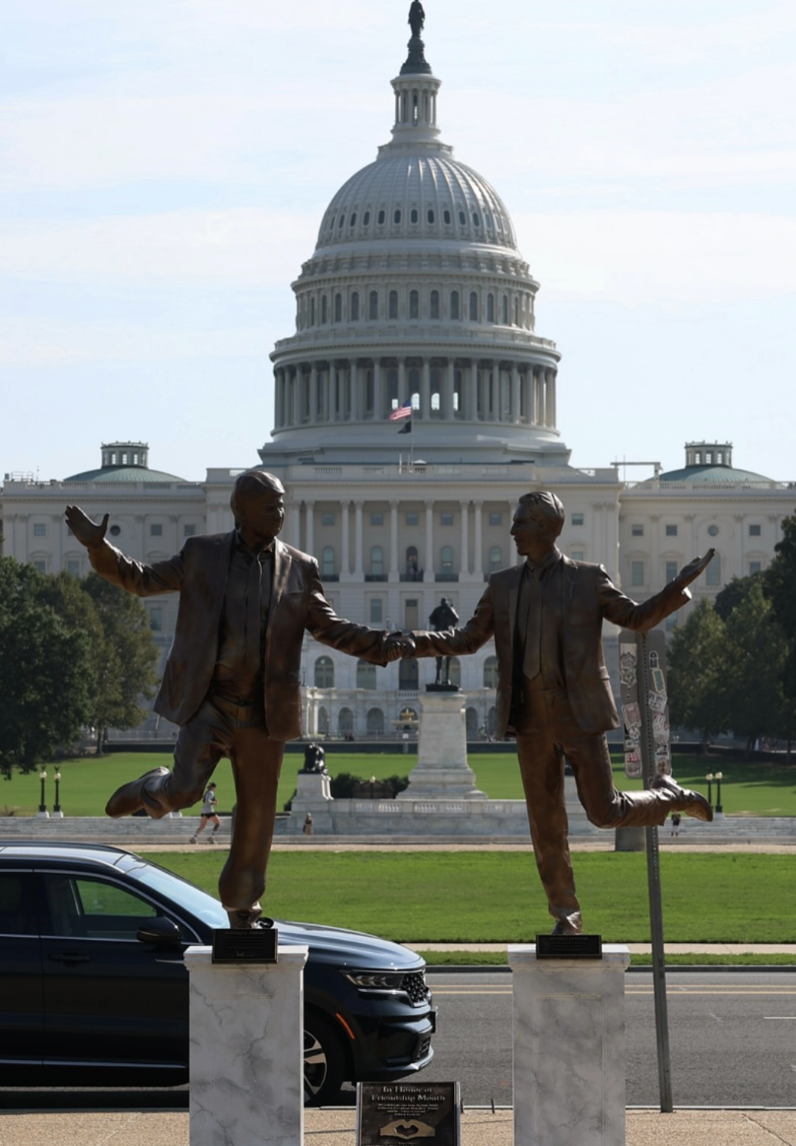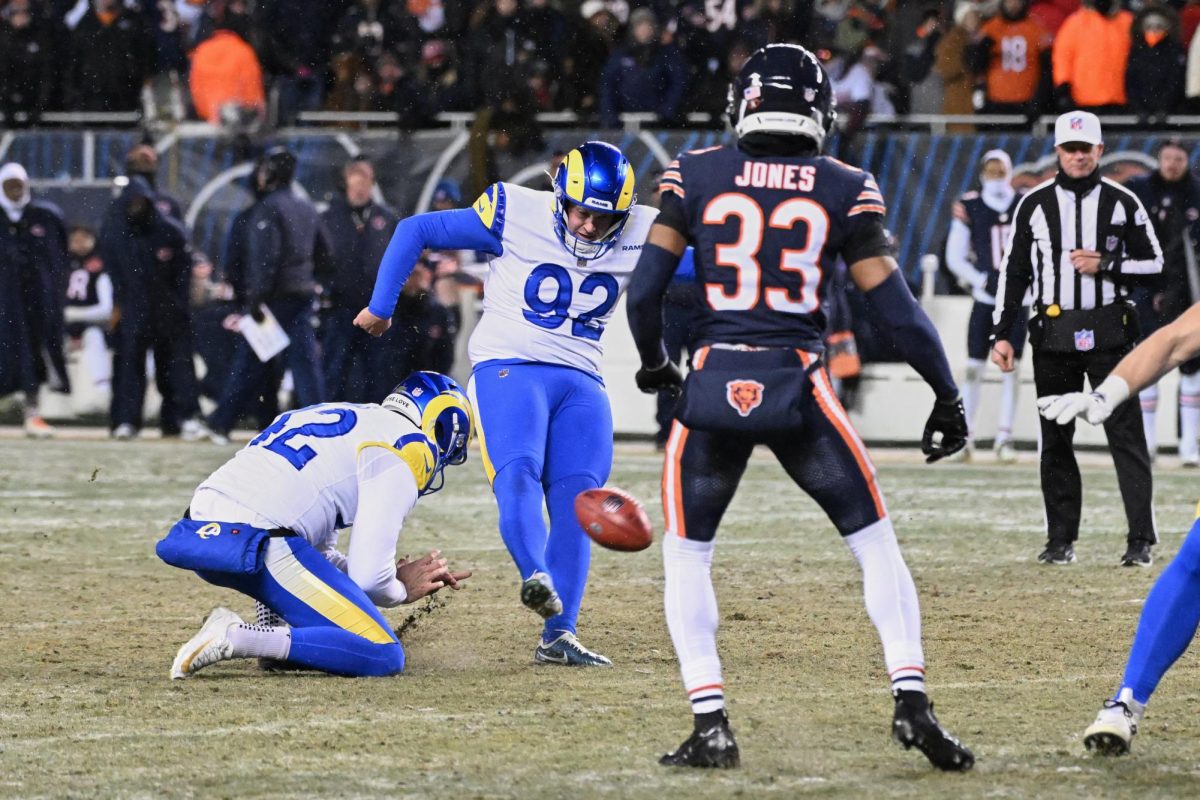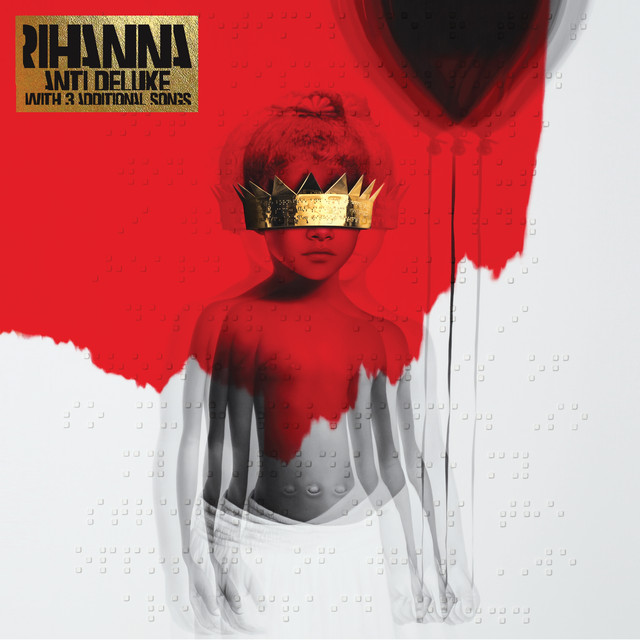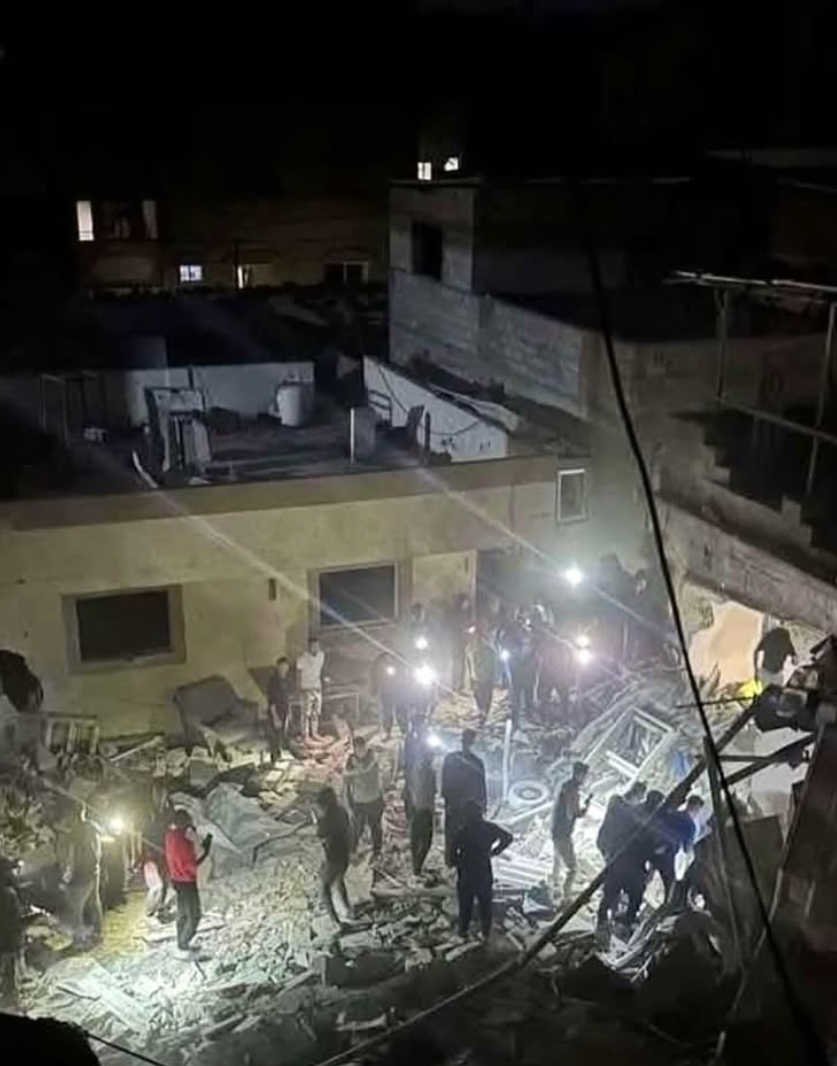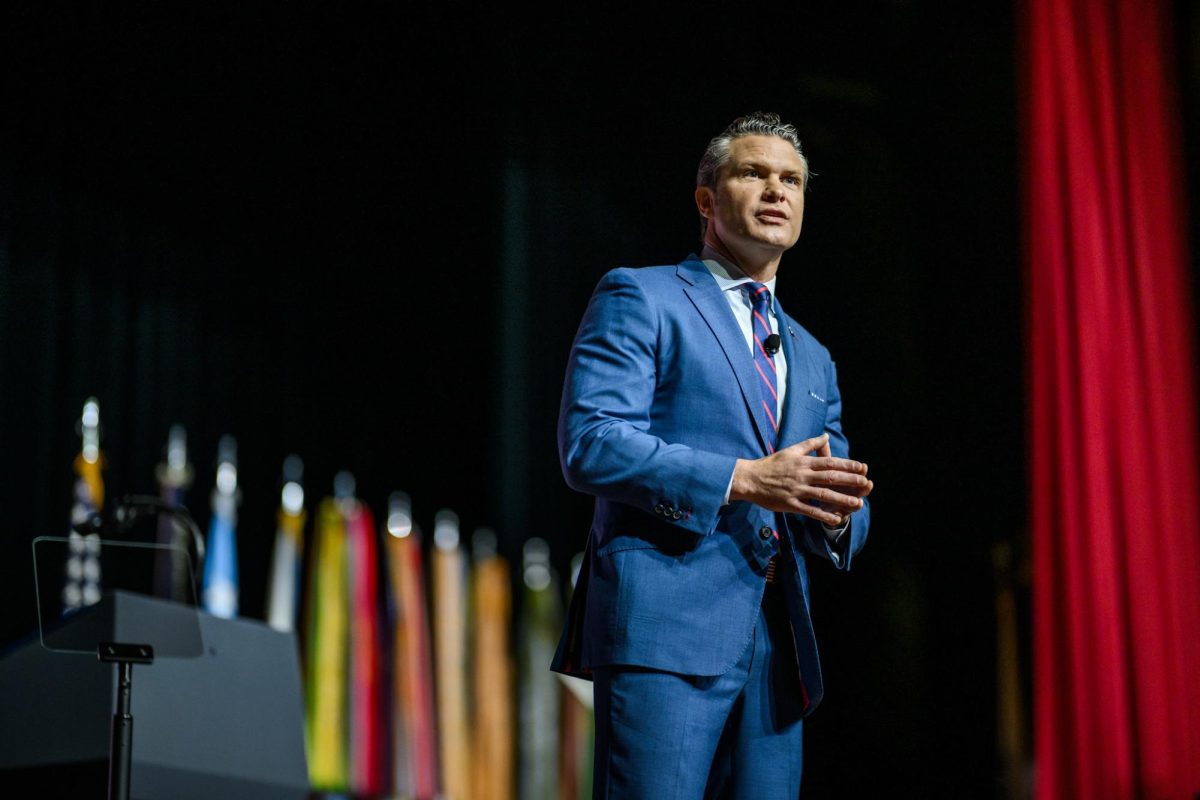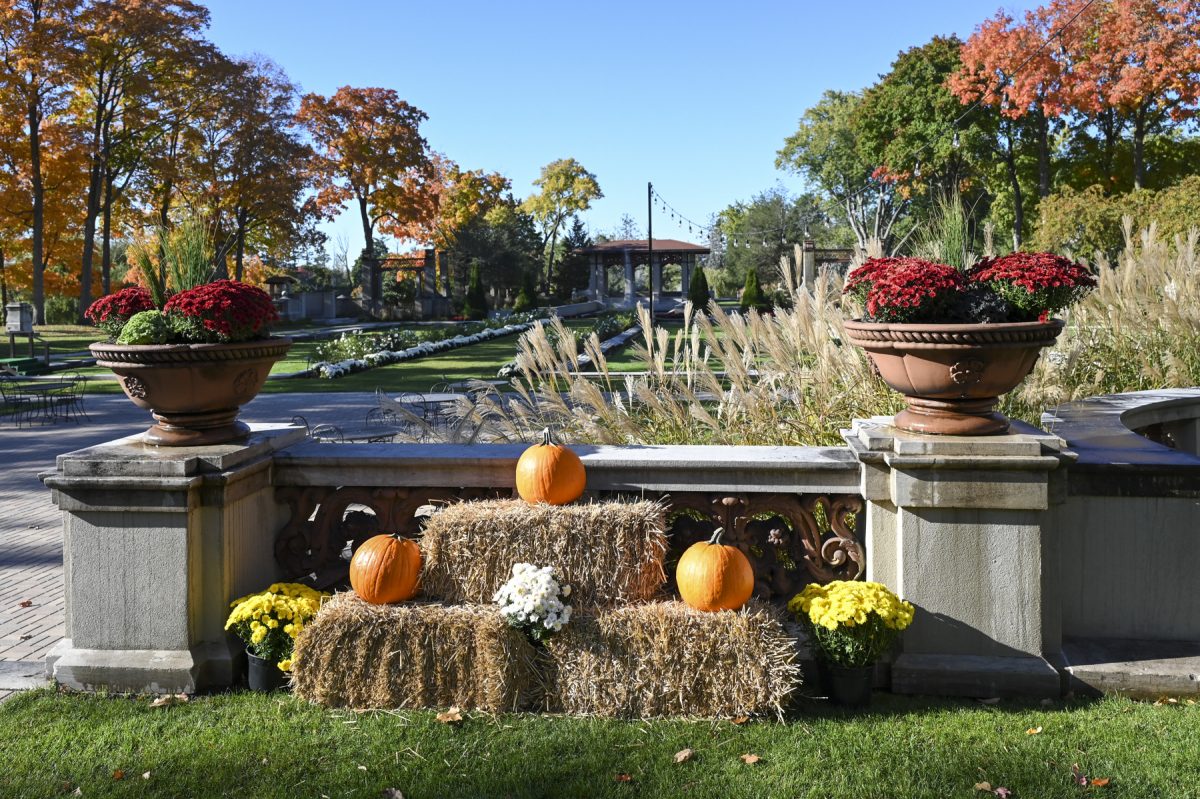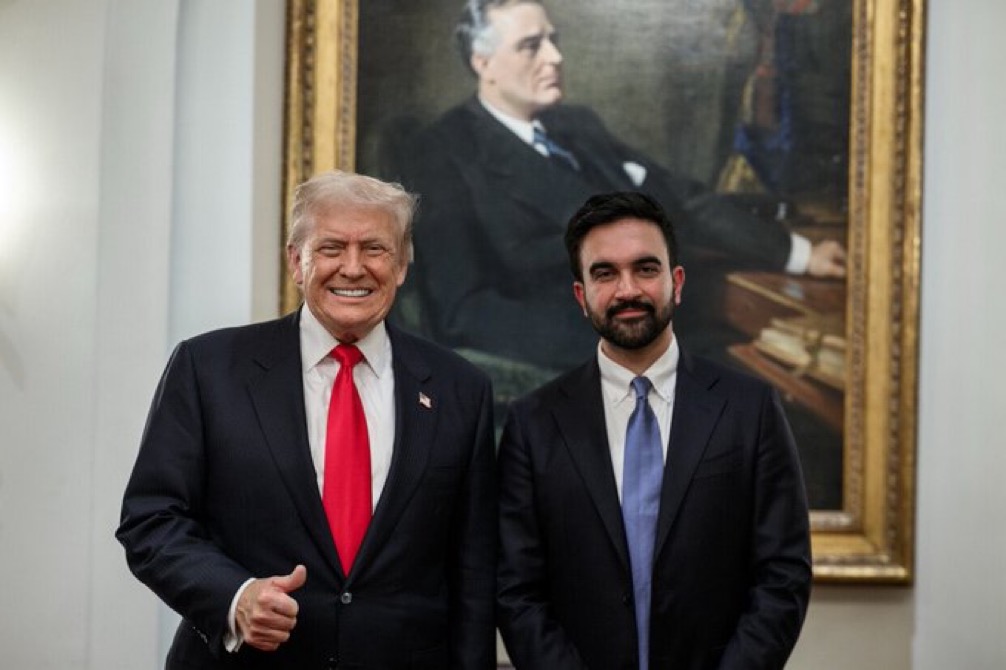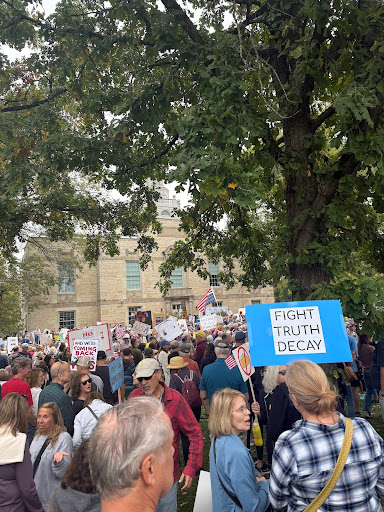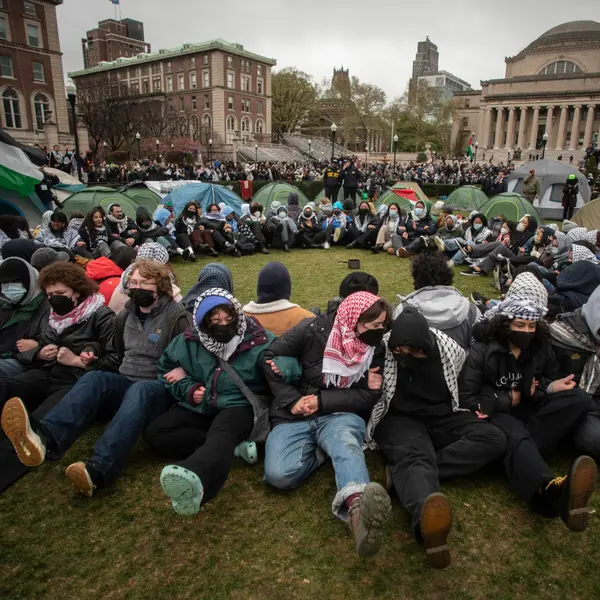
Peaceful protests are a form of self-expression that enables ordinary citizens to make their voices heard and stand up for their beliefs. However, is there a limit at which protesting evokes more harm than good? The ongoing Israel-Hamas War in the Middle East has had a global effect, especially on school campuses in the United States. College protests regarding the war have swept the nation with renewed vigor on the campuses of Columbia, NYU, UCLA, and hundreds more. Even local high schools have participated, with Lake Forest High School organizing a student-led walkout in support of Palestine on May 2, 2024. Some of these protests have remained peaceful, while others have transitioned to violence. College administration responses to these protests have varied from a slap on the wrist to Columbia canceling their graduation ceremony.
This conflict began when Israel was established as a state for the Jewish people in 1948 following the events of the Holocaust – a genocide of 6 million Jewish people that left many refugees with nowhere to flee. However, this action displaced many of the existing inhabitants, the Palestinian people. The conflict between Palestine and Israel has been ongoing for 75 years, but recent extremities in the war and social media have made it a reinvigorated topic. Unfortunately, the renewed interest in the topic has also led to an increase in Islamophobia and anti-semitism around the world.
Elijah Wolfberg, a student at Tulane University, shared that protests have been ongoing at his campus since the attacks on Israel in October 2023. However, due to the smaller size of the school, these protests have gained less media attention and are less disruptive to the surrounding area, as opposed to universities making bigger waves in the news, such as Columbia and NYU. Wolfberg mentioned that he sensed “a little bit of tension” on the campus, with some Jewish students feeling “scared and angry.” When asked what these protests resulted in, Wolfberg replied, “[Tulane] canceled classes in some buildings because students were protesting outside”.
Both pro-Palestine and pro-Israel protests occurred simultaneously. In response, Michael Fitts, President of Tulane stated in a community message on May 3rd: “For almost two days we repeatedly offered clear direction, both verbally and in writing, to disperse the illegal encampment. Protesters were given ample time, opportunity, and choice to disperse… we received many, many reports about deeply disturbing behavior by some protesters and counter-protesters.” Tulane’s resistance to the protests made little impact and they have continued as of May 2024.
At the much larger campus of NYU, similar protests have erupted. School clubs spread information about the whereabouts and times of these protests. Alymohammed Salauddin, a student from NYU, watched a protest unfold from afar in April 2024. When interviewed for The Spectator, he commented, “Busses were brought in to arrest a bunch of people, and [the police] zip-tied kids.” In the aftermath of the protests, Salauddin remarked, “I think that [NYU] responded really terribly, and they are being criticized for it right now…A lot of people are mad because they used violence against their students when it was a peaceful protest.”
NYU’s spokesperson, John Beckman, released a statement on their website, noting that the protest outside the university’s business school “occurred without notice to the university, and without authorization.” NYU’s response to these protests has been targeted by the media, with many feeling disappointed in the situation.
Students or not, the war in the Middle East has made an impact on almost everyone. People often pick sides and share their opinions, through social media, boycotts, and protests. It’s extremely important to maintain the right to voice your opinion, which is a defining factor of American democracy. However, the line must be drawn between expressing opinions and hate speech, as well as between peaceful protests and causing chaos.


